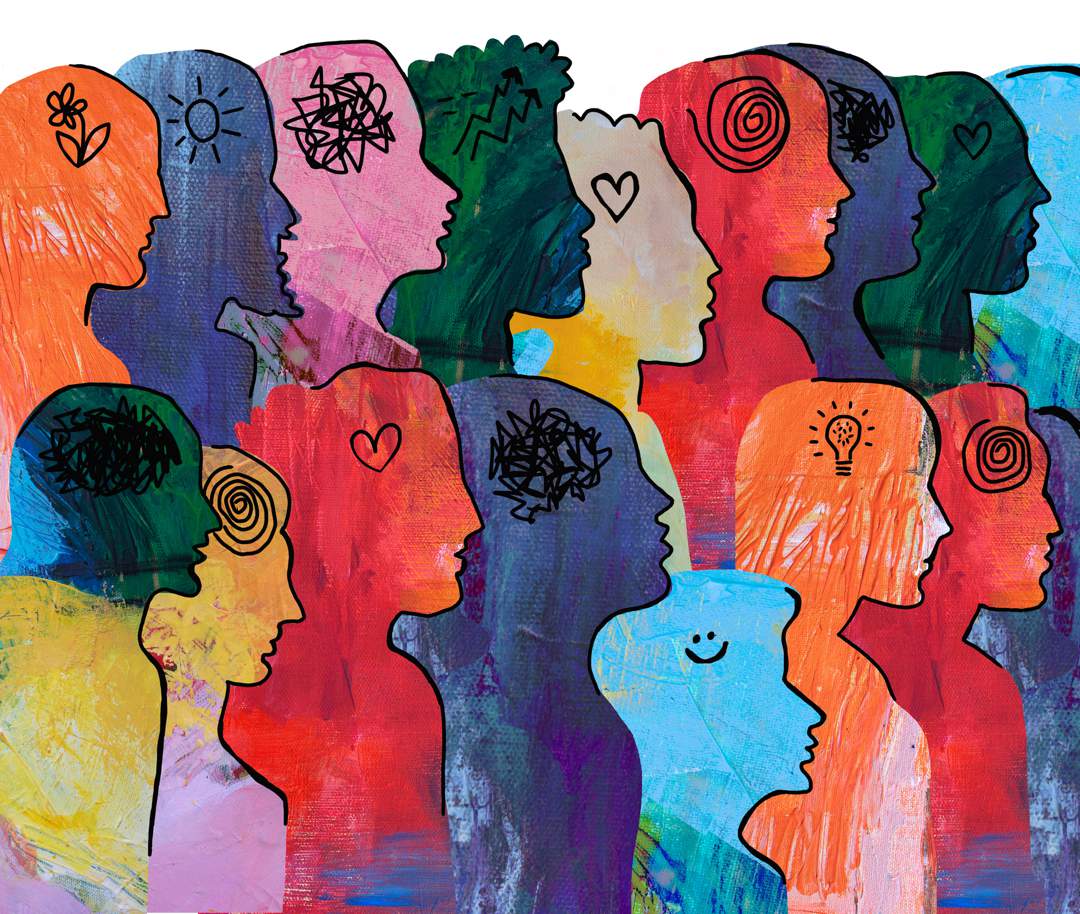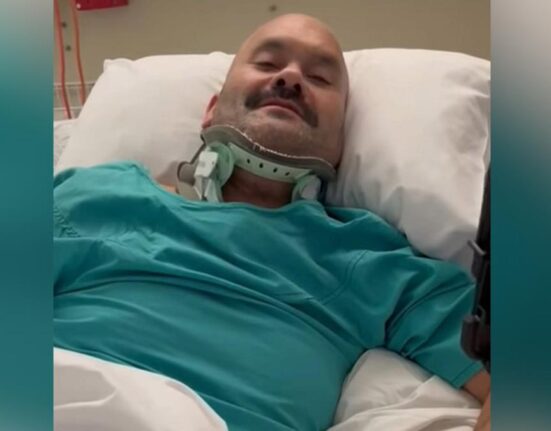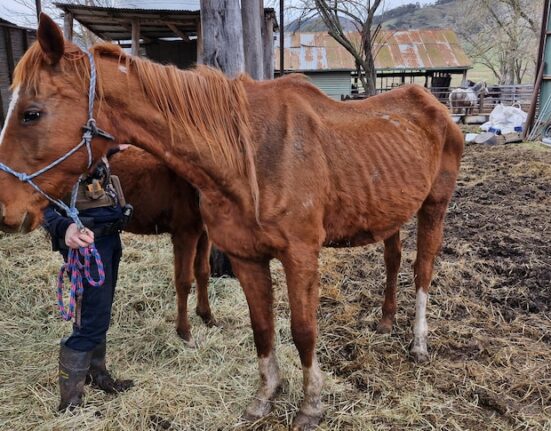In the heart of South Africa, where the sun’s golden rays paint the landscape with warmth and hope, lies a deep-rooted issue that often remains unseen – the mental health crisis. As the country grapples with a shortage of psychologists and psychiatrists, a beacon of light emerges from the shadows in the form of community healthcare workers stepping up to bridge the gap.
South Africa, a land of diverse cultures and breathtaking landscapes, is facing a silent epidemic that lurks in the minds of its people. The shortage of mental health professionals has left many struggling to find the support they desperately need. In response to this pressing issue, a pioneering solution has been set in motion – the training of frontline workers to offer essential mental health assistance.
These community healthcare workers, often the unsung heroes of the healthcare system, are being equipped with the tools and knowledge to provide basic mental health support to those in need. Their role goes beyond traditional medical care, delving into the intricate realm of mental well-being and emotional resilience. Through empathy, understanding, and specialized training, these frontline workers are becoming beacons of hope for individuals battling inner demons.
“Empowering community healthcare workers to address mental health challenges is a crucial step towards creating a more inclusive and accessible support system for all individuals,” says Dr. Sarah Johnson, a renowned psychiatrist specializing in community mental health.
With a deep sense of purpose and unwavering dedication, these frontline workers traverse through communities, offering a listening ear, a comforting presence, and a beacon of light in the darkness of mental distress. They are not just providers of care; they are pillars of strength, pillars that uphold the well-being of society’s most vulnerable members.
Through their tireless efforts and compassionate approach, these frontline workers are breaking down barriers that have long hindered access to mental health services. They are dismantling stigmas, fostering understanding, and paving the way for a more inclusive and supportive environment for those grappling with mental health challenges.
“The impact of community healthcare workers in the mental health landscape cannot be understated. Their grassroots approach and deep-rooted connections within communities enable them to reach individuals who may otherwise slip through the cracks of the healthcare system,” highlights Dr. David Ngcobo, a leading psychologist advocating for community-based mental health initiatives.
As these frontline workers continue their noble mission, the ripple effects of their actions extend far beyond individual interactions. They are catalysts for change, igniting a transformation in how mental health is perceived and addressed within society. Their efforts serve as a beacon of hope, inspiring others to join the cause and champion the importance of mental well-being for all.
In the broader context of global health trends, the innovative approach of training frontline workers to support mental health needs is gaining recognition as a sustainable and effective solution. By decentralizing mental health services and empowering grassroots providers, countries are witnessing a shift towards a more holistic and community-centered approach to mental well-being.
As we reflect on the invaluable contributions of these frontline workers in KZN and beyond, one thing becomes clear – the power of compassion and empathy knows no bounds. In a world where mental health struggles often go unnoticed, these unsung heroes stand as beacons of light, guiding individuals towards healing and hope.
In the tapestry of humanity, each thread plays a vital role in weaving the fabric of society. The resilience, dedication, and unwavering commitment of frontline workers in the mental health arena serve as a testament to the profound impact that compassion can have on individual lives and collective well-being.
As we look to the horizon, let us remember the silent warriors walking among us, offering solace to the weary, hope to the desolate, and healing to the broken. They are the pillars of strength in a world often overshadowed by darkness, illuminating the path towards a future where mental health support is not a luxury but a fundamental human right.









Leave feedback about this